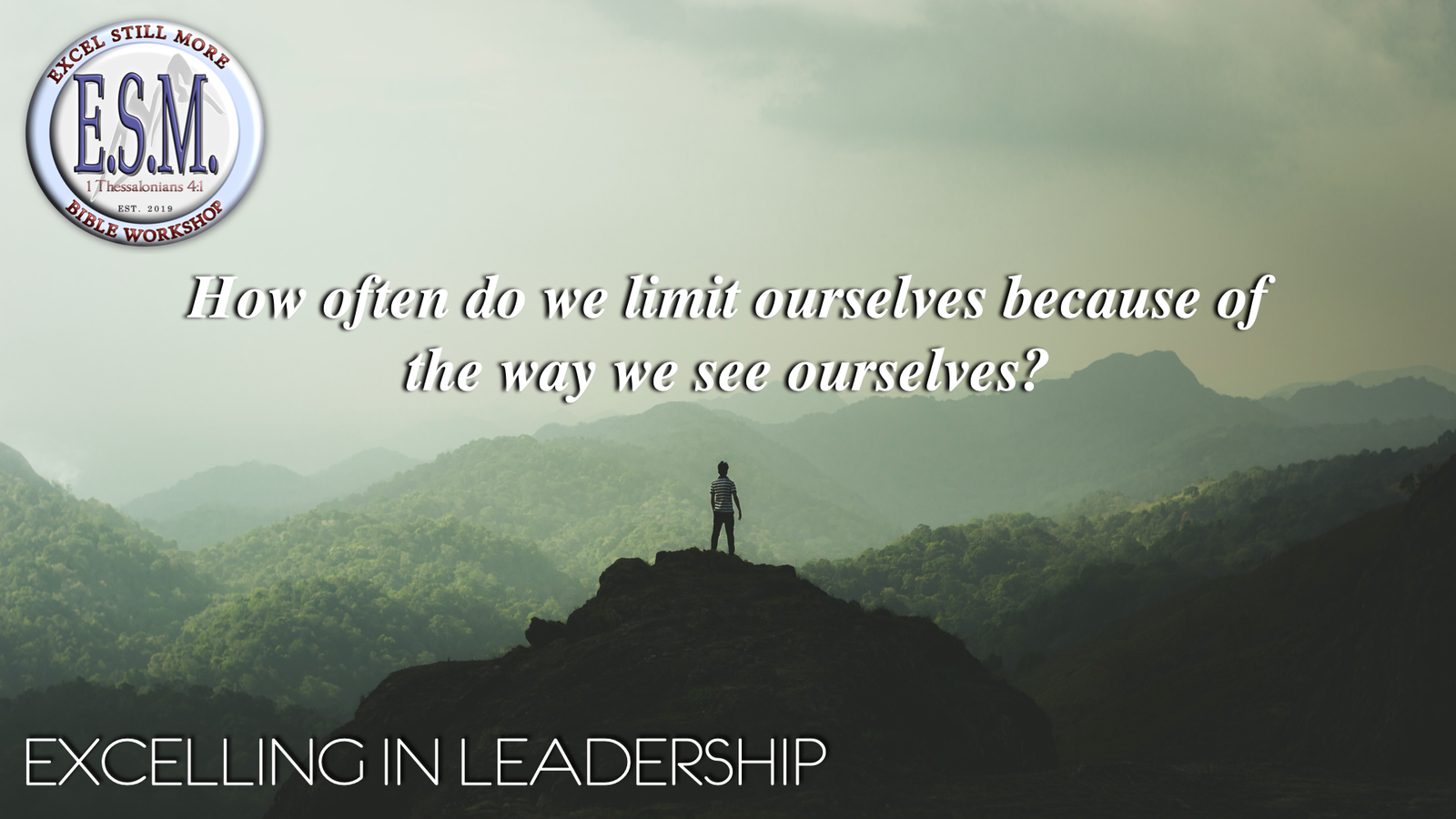Caleb is one of the great leaders found in scripture (Numbers 13–14 and Joshua 14). Caleb’s story begins with Moses selecting twelve men—one from each of the sons of Israel. These men were appointed to spy out the land where Moses led this massive group of people. Moses told the twelve men to scout out the land and report back. Were there giants in the land? What were their cities like? Were they fortified? Then, oddly enough, he asked them to bring back some fruit.
I remind myself these people had been slaves for more than four hundred years. They had been holding onto a promise that described a land flowing with milk and honey. Think about how they might have imagined this place. Consider the stories told from one generation to the next. The reality of the situation can be hard for us to grasp. Perhaps if we were to live through a period of slavery such as Israel experienced, we would be a bit more anxious to know what this place looks like and get there as quickly as possible. I am confident they wanted to know if this promised land produced anything like what they had imagined. Bring back some fruit.
The spies did, indeed, return with fruit. The first thing they did was show the fruit of the land and say,
“It certainly does flow with milk and honey, and this is its fruit” …Numbers 13:27
After showing off the abundant fruit of the land, ten of the spies dropped a bombshell: giants were in the land, AND they lived in fortified cities—there was no way Israel could achieve victory.
To provide Israel with perspective, they said,
“We became like grasshoppers in our own sight, and so we were in their sight” …Numbers 13:33
Talk about a problem with confidence. They lost confidence in themselves, but more importantly, in God to deliver on His promise.
For years, I quoted this verse as,
“We were as grasshoppers in their sight, and so we were in our own.”
I reasoned that how other people saw us influenced how we saw ourselves. While this may be true, this is not what the text says.
Read it again,
“We became like grasshoppers in our own sight, and so we were in their sight” …Numbers 13:33
The problem was how they saw themselves, which directly affected how the people in the land saw them. I wonder if we think about the significance of this.
How often do we limit ourselves because of the way we see ourselves?
And—as stated in the text—how are others influenced by that limited vision? Perhaps we need to start dreaming bigger dreams.
Back to Caleb and confidence. Caleb and Joshua did not see the situation in the same way as the ten spies who delivered the bad report. These two men stood up and pointed to God:
“If the Lord is pleased with us, then He will bring us into this land” …Numbers 14:8
They wanted everyone to know that,
“protection [of the people in the land] has been removed from them, and the Lord is with us; do not fear them”…Numbers 14:9
But the people listened to the ten spies, not Joshua and Caleb. Their choice would cost them forty years in the wilderness—one year for every day the spies were in the land. Not only did the ten spies die, but also everyone over the age of twenty suffered the same fate over the next forty years. The consequences for their lack of confidence in God were severe.
We learn from the end of Deuteronomy and the first half of Joshua that Moses died before entering the promised land. Joshua was selected to lead the next generation of Israel into the land, but the journey would take work.
Many battles were fought before the Israelites could possess the land God promised them—another great lesson about faith. Believing that God will deliver us doesn’t mean we’re exempt from fighting the battles before us. Forty-five years after the Israelites came to possess most of the promised land, Caleb approached Joshua and said,
“Behold, I am eighty-five years old today. I am still as strong today as I was in the day Moses sent me; as my strength was then, so my strength is now, for war and going out and coming in. Now then, give me this hill country . . . I will drive them out as the Lord has spoken”...Joshua 14:11–12
I recently turned 60 years old. Mentally, I don’t feel any different than I did forty-five years ago. But when I try to accomplish physical activities like I did in my late teens and early twenties, I’m quickly reminded of how much time has passed.
Mental fortitude can override physical capabilities, but we don’t know whether or not this was Caleb’s situation. At eighty-five, did he feel the same way he had at forty? Or did he have the same physical strength he had at forty? Regardless, Caleb was confident, but His confidence was not in himself but in his God. He had a confidence built on faith and was confident God would help him take down the giants who lived in that hill country.
This type of confidence is exactly what leaders need today. Never fear the giants before you because God is with you. When God is on your side, you can achieve whatever you focus your heart, mind, and ability to achieve. This is confidence. If you desire to excel in leadership, you must have confidence in who God is and what He will do through us. When we do, those who follow will gain confidence in your leadership.





